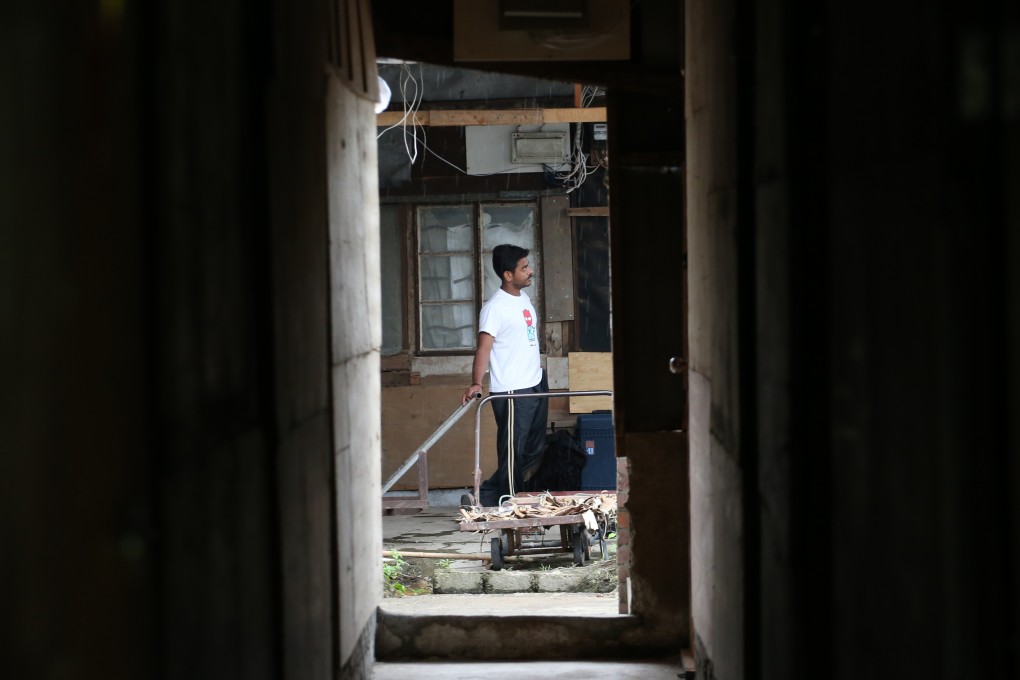Hong Kong's bogus asylum claim industry exposed: The black-market labour racket and the middlemen making millions

A black-market labour racket which uses bogus asylum claims as cover for a growing army of illegal workers to fill chronic labour shortages in key sectors of the Hong Kong economy is costing the city's taxpayers millions.
A Sunday Morning Post investigation can reveal that the trans-national scam - which in many countries is criminalised under extensive human trafficking laws - not only allows thousands of foreign nationals to work illegally in the city, but is also lining the pockets of middleman agencies overseas and a number of local law firms.
An organised racket in so-called "asylum visas'' touted by middleman agencies in India and executed by law firms with expertise in refugee, asylum and torture applications, exploits shortcomings and delays in system allowing people to stay in the city but work illegally.
IN DEPTH: The dark path to becoming an illegal worker in Hong Kong
Immigration chiefs are so concerned about the situation they are expected to go to India soon to meet with their counterparts there over the issue.
The news comes as the Hong Kong government faces a landmark legal challenge centred around a claim by a Pakistani man that the city's laws do not sufficiently protect victims of human trafficking, in breach of Hong Kong's Bill of Rights, which says no one shall be held in slavery or servitude.
Diplomatic sources and legal insiders have confirmed that significant numbers of Indian nationals who have sought sanctuary in Hong Kong were making bogus claims.
"No one in India is tortured nor treated cruelly out of political or religious reasons. Such claims are therefore without basis," a diplomatic source said. "We do not rule out the possibility of human trafficking and syndicates being behind this."
The Immigration Department said the Consulate General of India offered a visit to the country to collect more information. "Hopefully we will visit Punjab and West Bengal next month - the two biggest states where the claimants are from," said William Fung Pak-ho, assistant director of the department's Enforcement and Torture Claim Assessment.